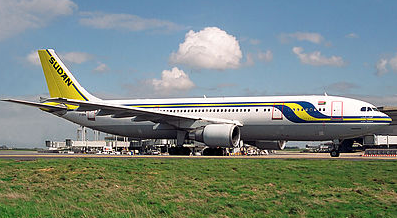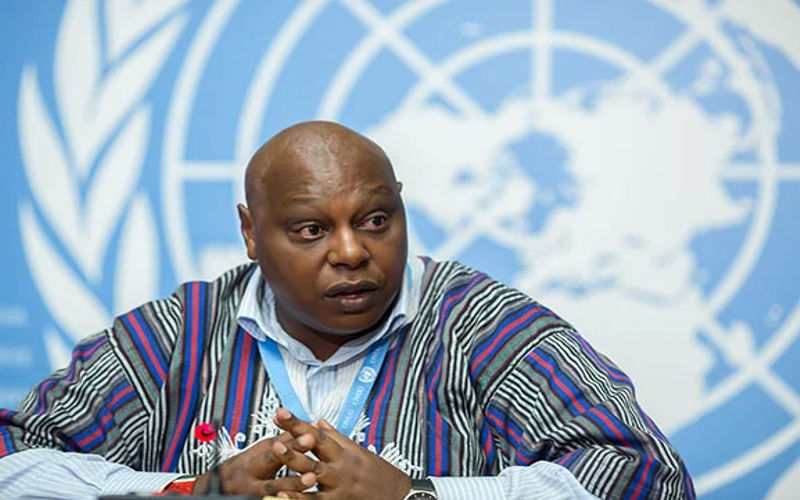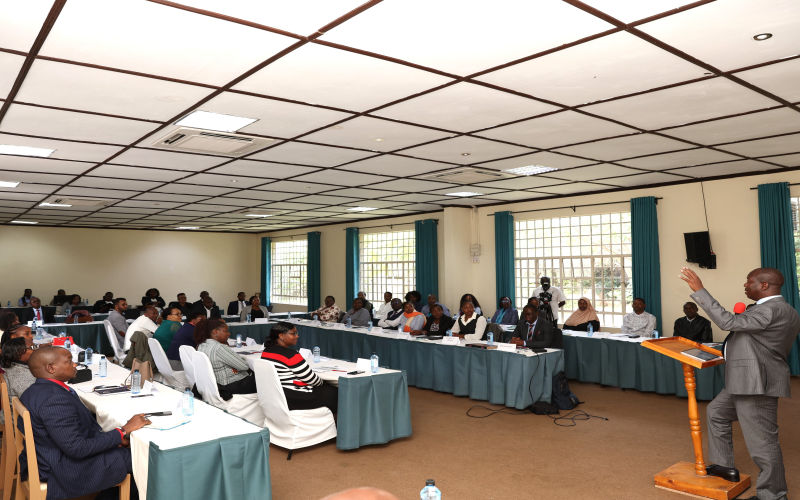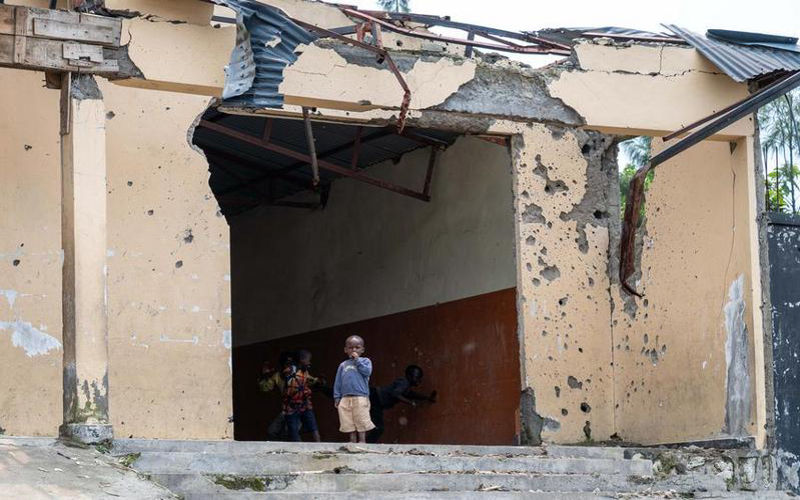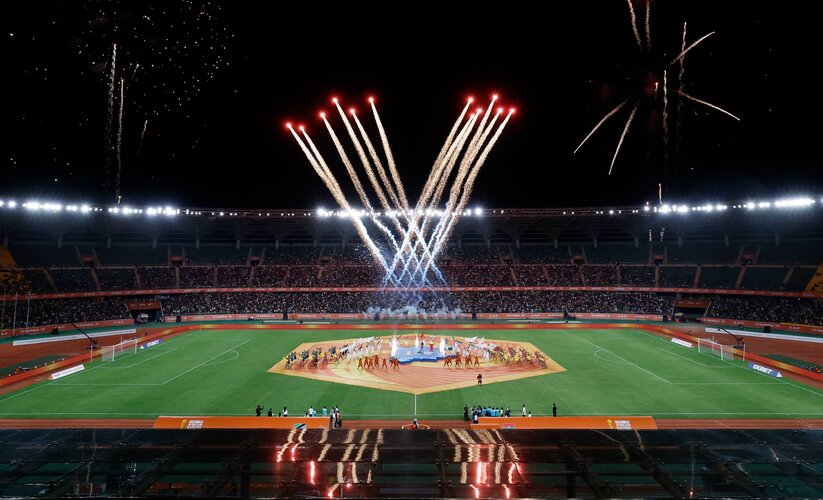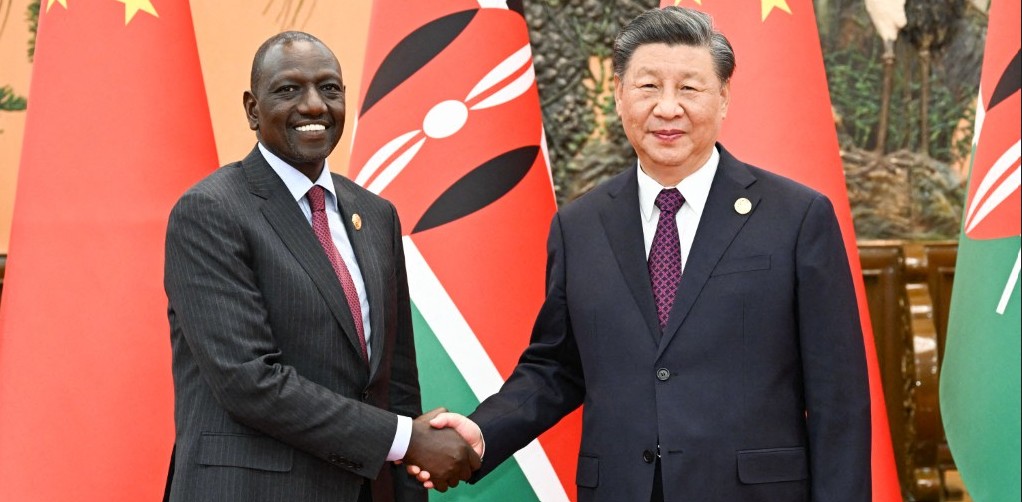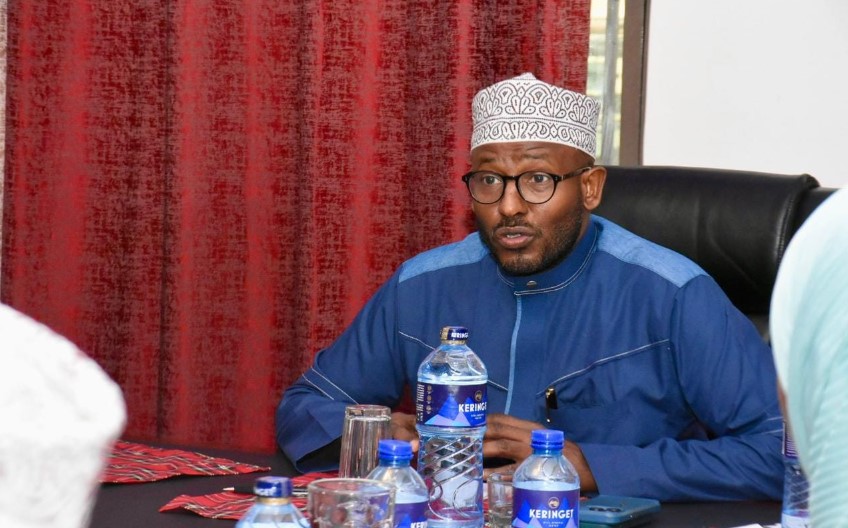Over 700 non-compliant health facilities shut down, 301 downgraded in major crackdown
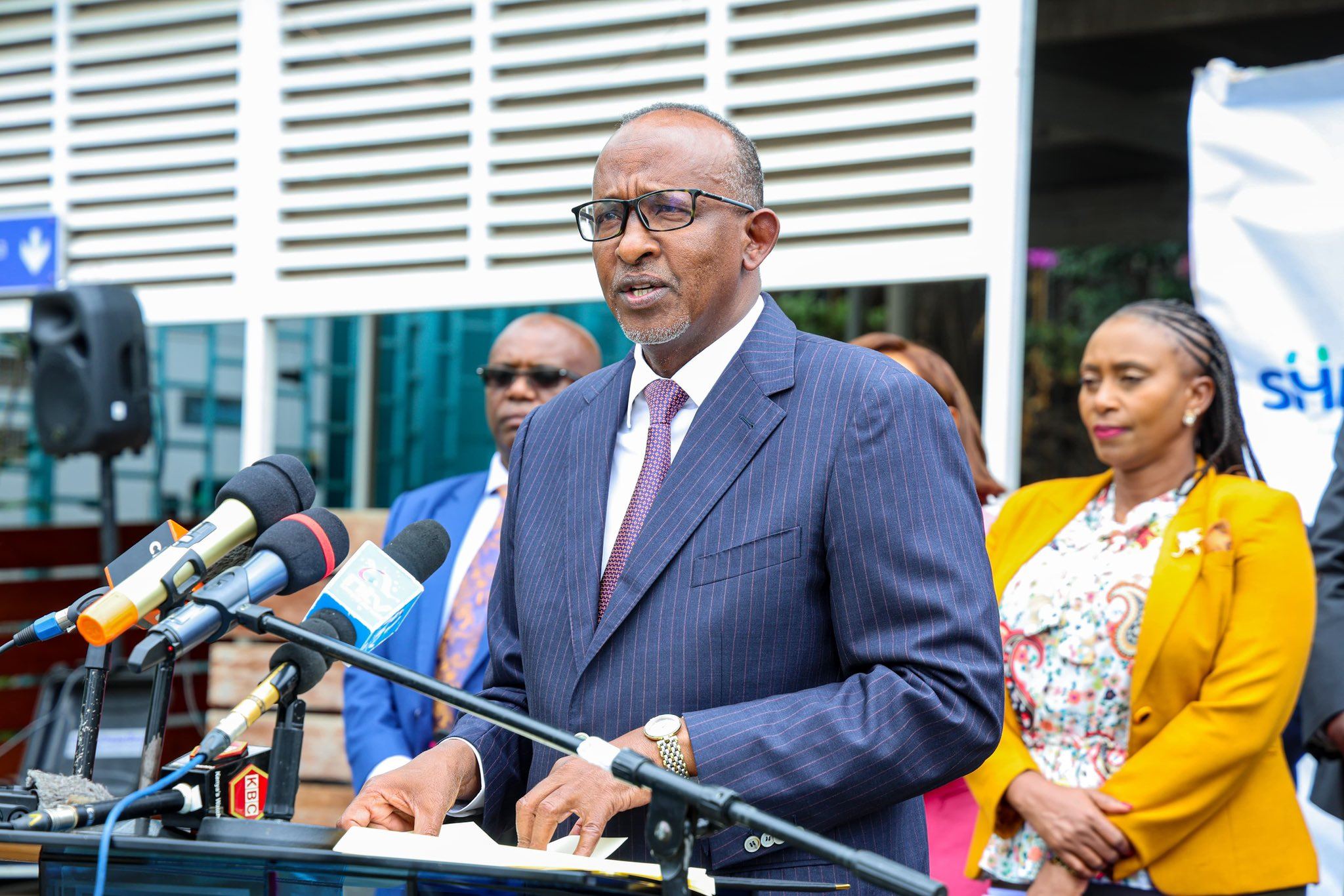
Health Cabinet Secretary Aden Duale said the closures are meant to eliminate quacks and restore public confidence in health services.
A total of 728 non-compliant health facilities have been shut down across the country, while 301 others have been downgraded, as the government intensifies efforts to weed out unlicensed and substandard service providers.
Health Cabinet Secretary Aden Duale said the closures are meant to eliminate quacks and restore public confidence in health services.
More To Read
- State scraps OTP-based authorisations, launches biometric system for SHA verification
- Ministry of Health revokes 306 nursing internships, cites ineligibility
- Health CS Duale cracks down on hospital overcrowding, demands accurate bed capacity data
- Nursing internships suspended as Ministry of Health orders audit over fake postings
- Government shuts down 31 hospitals for SHA fraud
- SHIF's 2.75 per cent deduction remains in effect, Duale says, despite Judge Mwita labelling it illegal
“Through digitisation, the Kenya Medical Practitioners and Dentists Council (KMPDC), working closely with the Digital Health Agency (DHA) and Social Health Authority (SHA), has identified and closed over 728 non-compliant facilities and downgraded 301,” Duale announced on Monday.
“We are eliminating fake unlicensed facilities operating across our republic to guarantee quality of care for our people.”
He cited several digital reforms as instrumental in the transformation of the health sector, among them the full digitalisation of SHA operations, which led to the identification and removal of over three million fake individuals who were previously claiming under the now-defunct National Health Insurance Fund (NHIF).
Duale also announced that all regulatory bodies are now integrated into a system ensuring that only licensed health facilities and workers are allowed to operate.
Duale warned health facilities and workers to maintain professionalism, urging them to adhere to the highest standards of service delivery.
“If you are a SHA-contracted health facility, you must meet the highest standards. If you’re a health worker, you must comply with your scope of practice. If you’re a patient, know this government is protecting your rights,” he said.
Among the digital breakthroughs is also the rollout of paperless health records and data portability via the Afya Yangu platform. According to the CS, digitisation is already underway in 17 counties, including Nairobi, Mombasa, Kirinyaga and Elgeyo Marakwet, and in Kenya Defence Forces health facilities.
Duale noted that a second phase will target Homabay, Lamu, Kisumu, Kajiado, Wajir, Machakos, and Nakuru.
The Cabinet Secretary also emphasised the government’s commitment to making essential commodities available in public health facilities. He revealed that the Kenya Medical Supplies Authority (KEMSA) has undergone critical reforms to improve transparency, operational efficiency, and trust in its supply chain.
“We have recapitalised KEMSA to ensure it can stock essential commodities for the 2025/26 financial year,” he said.
“Additionally, the Ministry has secured a Sh10 billion revolving credit facility to ensure uninterrupted access to medicines and health products.”
He also announced that the Social Health Authority has made major strides in implementing the Social Health Insurance Act (2023) through the TaifaCare scheme, which was launched on October 1, 2024.
As of 12:30 pm on June 16, 2025, Duale said a total of 23,674,672 Kenyans had enrolled, with 28,679 new registrations recorded on that day alone. Meanwhile, 5,483,160 individuals have undergone means testing to determine their contribution rates.
The SHA has also contracted 9,365 healthcare providers countrywide, including 5,219 public, 3,650 private, and 496 faith-based facilities, with 5.7 million Kenyans already accessing services under the Primary Healthcare Fund (PHCF) and Social Health Insurance Fund (SHIF).
Under PHCF, Duale said 3.6 million people have received treatment for malaria, pneumonia, injuries, and mental and eye health services, with expectant mothers benefiting from antenatal and postnatal care.
He added that under SHIF, 2.1 million Kenyans have received specialised care, which includes 400,000 dialysis sessions, 19,509 imaging procedures and 17,377 cancer treatments. The CS said maternal care has also been expanded, supporting over 360,435 normal deliveries and more than 116,408 Caesarean sections.
In terms of payments, the Ministry announced that SHA has processed Sh5.4 billion in PHC claims, representing 53 per cent to public facilities, 38 per cent to private, and 9 per cent to faith-based organisations. Duale noted that another Sh1.2 billion for May 2025 is set to be disbursed on June 17.
Since the scheme’s rollout, a total of Sh43.8 billion has been paid under SHIF, including Sh6.2 billion released on June 13.
To expand access and lower the cost of care, the Ministry noted that it is collaborating with private hospitals such as Aga Khan University Hospital and Nairobi Hospital to offer specialised services such as kidney transplants and cancer treatment, at SHA tariff rates with no out-of-pocket payments.
In partnership with Roche Pharmaceuticals, the price of breast cancer drug Herceptin has also been slashed to Sh40,000 from Sh120,000.
Duale reiterated that SHA offers a more inclusive and accountable financing model compared to NHIF, which he described as riddled with inefficiencies and burdened by Sh40 billion in unpaid hospital debts.
“We have capped administrative costs at five per cent to ensure 95 per cent of all contributions go to healthcare delivery,” he said.
To ease premium payments for Kenya’s informal sector, which accounts for 80 per cent of the population, Duale said the government introduced Lipa SHA Pole Pole, an interest-free, flexible plan allowing daily, weekly, or monthly contributions.
He said 1.8 million informal workers had paid premiums in the past eight months, surpassing NHIF’s annual record.
“Unlike NHIF, which was known for chronic delays in reimbursements, SHA ensures all contracted hospitals are paid by the 14th of every month,” he added.
He further announced that Sh1.75 billion had been set aside to settle pending dues and honour return-to-work agreements, urging union leaders to pursue dialogue over strikes.
Top Stories Today


